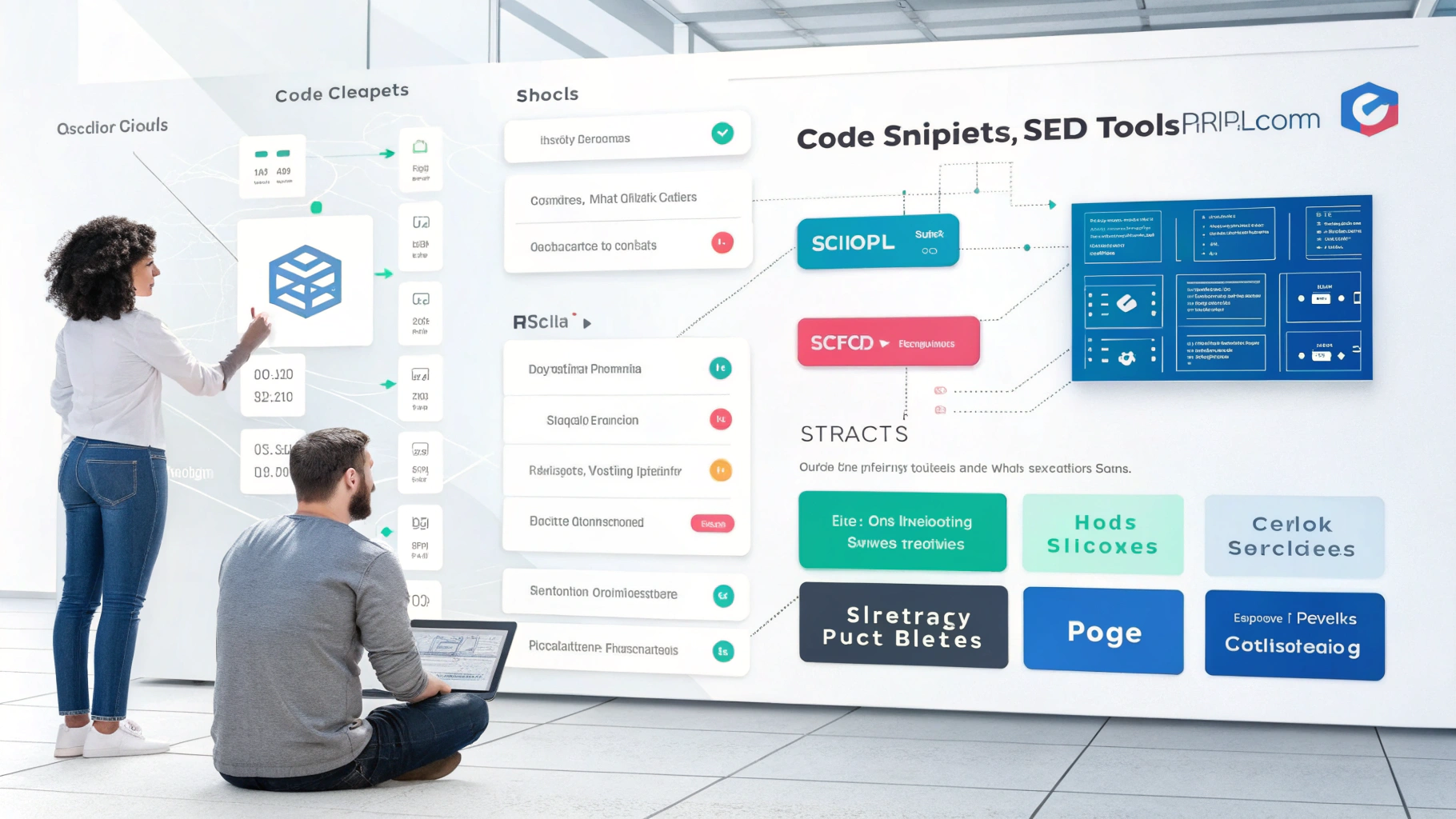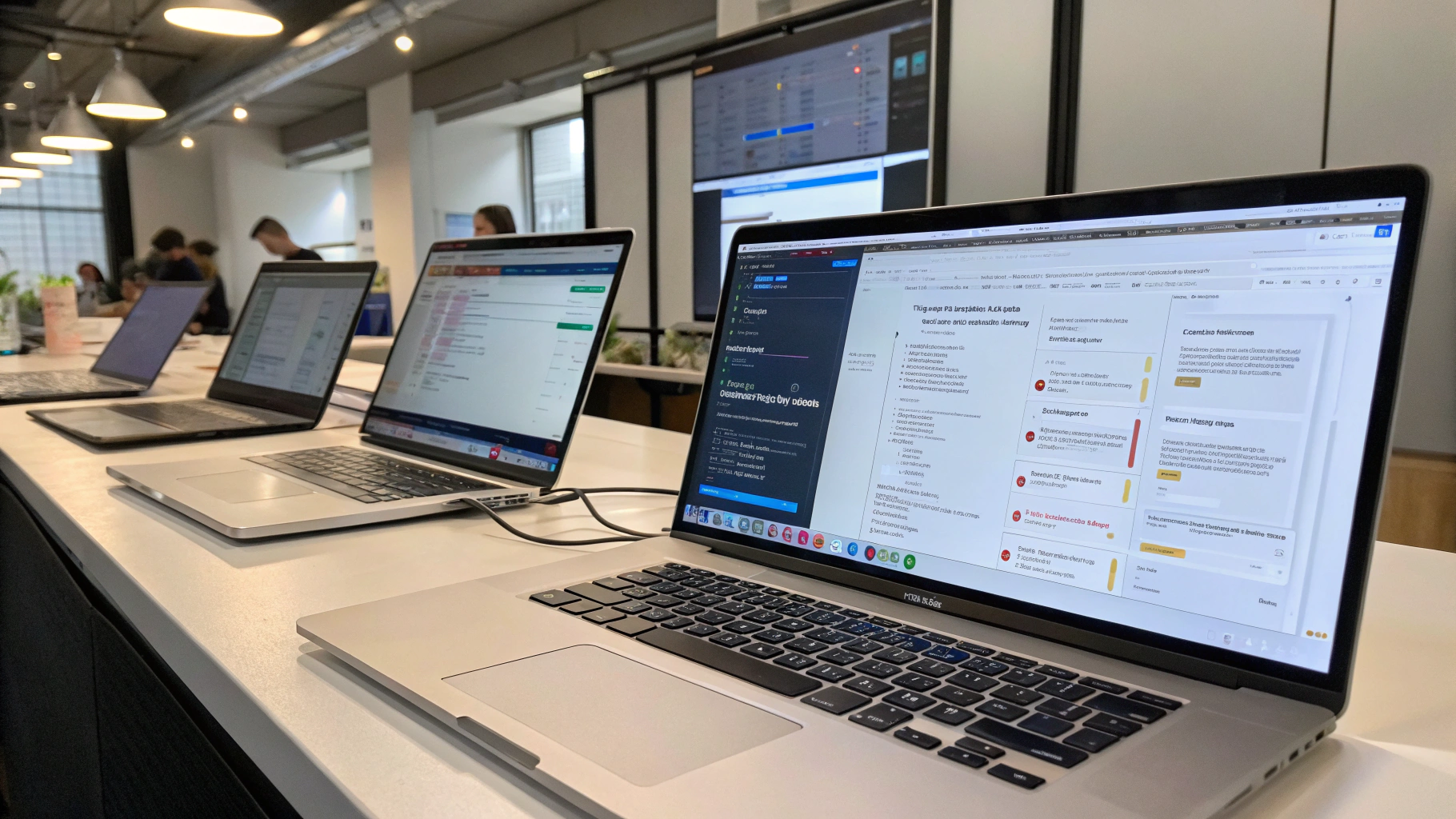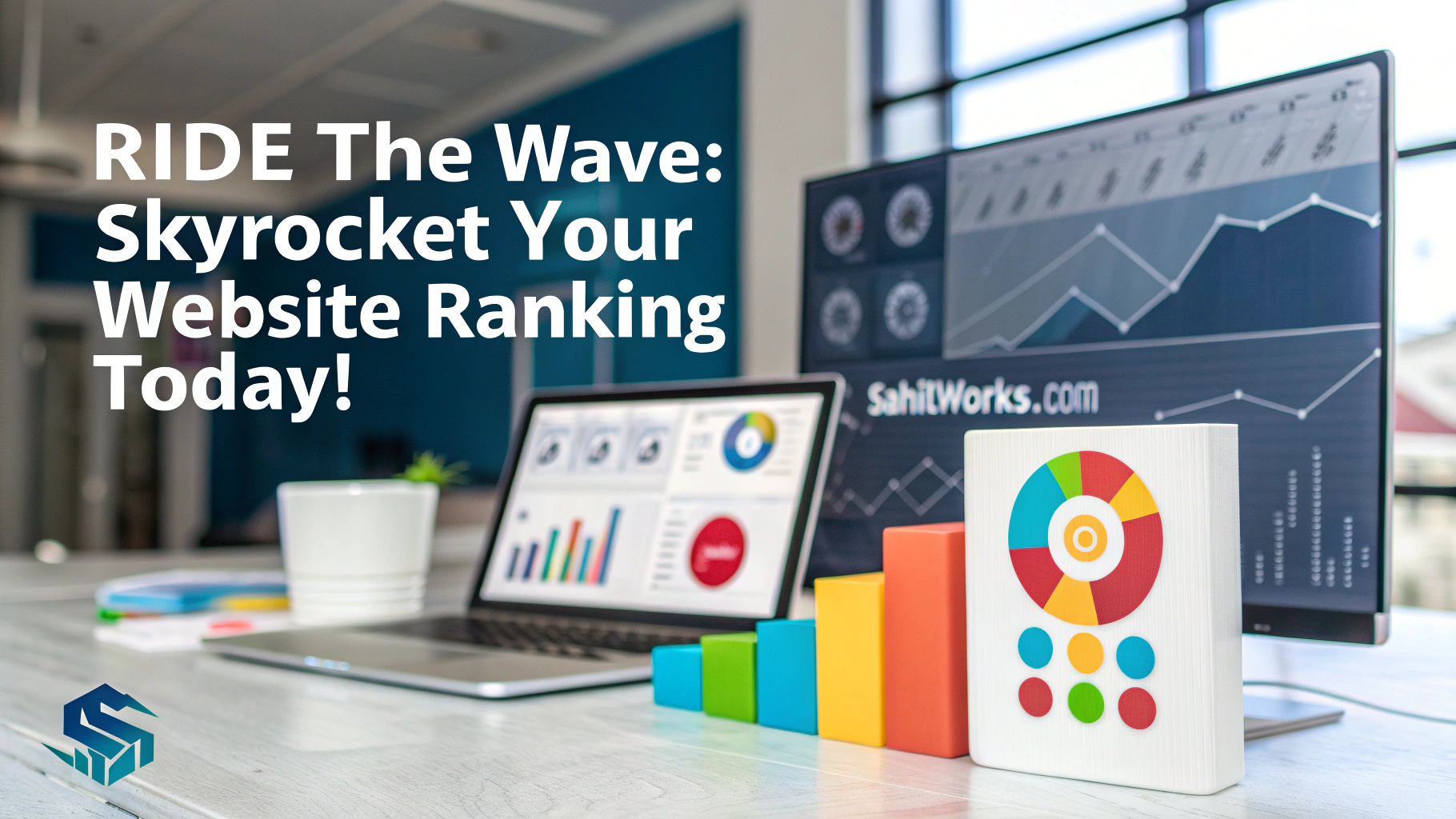Ride the Wave: Skyrocket Your Website Ranking Today!
Have you ever wondered why some websites consistently appear at the top of search results while others remain buried in digital obscurity? The statistics are eye-opening: only 0.63% of Google searchers click on results from the second page. This means if your website isn’t ranking on page one, you’re essentially invisible to 99.37% of your potential audience. Mastering SEO Ranking isn’t just a technical exercise—it’s the difference between digital prosperity and obsolescence in today’s competitive online landscape.
Why It Matters

In 2023, organic search drives 53.3% of all website traffic, making SEO Ranking more crucial than ever before. When your business achieves Search Visibility on Page One, the consequences are transformative:
- 75% of users never scroll past the first page of search results
- Top-ranking websites enjoy click-through rates up to 10 times higher than positions 10+
- 70-80% of users ignore paid ads, focusing exclusively on organic results
For businesses of any size, these numbers translate directly to revenue. Companies ranking in the top three positions for their target keywords typically capture 60% of all organic traffic for those terms. This isn’t just about vanity metrics—it’s about survival and growth in the digital economy.
Core Concepts
Understanding SEO Ranking requires knowledge of how search engines work. Google’s algorithm considers over 200 ranking factors, but some carry significantly more weight than others:
-
Content Relevance: Think of search engines as matchmakers connecting user queries with the most helpful content. Quality content that thoroughly answers search intent is the foundation of ranking success.
-
Technical Architecture: Just as a well-designed building needs a solid foundation, websites need clean code, fast loading times, and mobile optimization to rank well.
-
Authority Signals: In the digital ecosystem, websites earn “trust” through quality backlinks, brand mentions, and engaged user interactions—similar to professional reputation in the offline world.
-
User Experience Metrics: Search engines measure how users interact with your site. High bounce rates and low dwell time are like customers walking out of a store immediately—a signal that something isn’t meeting expectations.
Strategy or Implementation Guide
Step 1: Conduct Comprehensive Keyword Research
Begin by identifying keywords with the perfect balance of search volume, competition, and relevance. Tools like SEMrush or Ahrefs can reveal what your target audience is actively searching for. Focus on long-tail keywords (3+ word phrases) for quicker ranking wins while building authority for more competitive terms.
Step 2: Optimize On-Page Elements
Strategically incorporate your target keywords into:
- Page titles (keep under 60 characters)
- Meta descriptions (150-160 characters)
- URL structures (keep them short and descriptive)
- H1, H2, and H3 headings
- First 100 words of content
- Image alt text
Remember that natural language use has replaced keyword stuffing—aim for readability first, with keywords integrated organically.
Step 3: Create Value-Driven Content

Develop comprehensive content that serves as the definitive resource on your topic. The average word count for top-ranking content is now 1,890 words, but quality trumps quantity. Include:
- Original research or data
- Actionable insights
- Visual elements (images, infographics, videos)
- Updated information reflecting the latest developments
Step 4: Build Authority Through Backlinks
Implement a strategic link-building campaign focused on quality over quantity:
- Guest posting on industry-relevant publications
- Creating linkable assets (research studies, tools, or infographics)
- Reclaiming unlinked brand mentions
- Conducting competitor backlink analysis to identify opportunities
Step 5: Enhance Technical SEO
Ensure your website’s technical foundation supports your SEO Ranking efforts:
- Achieve page load speeds under 3 seconds
- Implement schema markup for enhanced SERP features
- Create an XML sitemap
- Fix crawlability issues like broken links and redirect chains
- Optimize for mobile-first indexing
Benefits
Successfully implementing these SEO Ranking strategies delivers measurable benefits:
- Cost Efficiency: Organic search has a 14.6% close rate compared to just 1.7% for outbound tactics
- Compound Returns: Unlike paid advertising that stops when you stop paying, SEO Ranking improvements build upon themselves over time
- Brand Credibility: 89% of users trust organic results more than advertisements
- Higher Conversion Rates: Organic traffic typically converts 2-3% higher than other channels
- Market Intelligence: SEO research provides valuable insights into customer behavior and preferences
Case Study
A mid-sized e-commerce company selling sustainable home products was struggling with visibility in a competitive market. After implementing a comprehensive SEO Ranking strategy focusing on long-tail keywords and creating in-depth buying guides:
- Organic traffic increased by 143% within 6 months
- Conversion rates improved by 3.2%
- Customer acquisition costs decreased by 62%
- Revenue from organic search grew by 218% year-over-year
The key insight: their success came not from targeting broad terms like “eco-friendly products” but from owning specific niches like “biodegradable kitchen cleaning solutions” where search intent aligned perfectly with their offerings.
Tools & Resources
These essential tools will support your SEO Ranking journey:
- Google Search Console: Free insights into how Google views your site
- SEMrush or Ahrefs: Comprehensive competitor and keyword analysis
- Screaming Frog: Technical SEO auditing
- PageSpeed Insights: Performance optimization
- Surfer SEO or Clearscope: Content optimization for semantic relevance
- HARO (Help A Reporter Out): Backlink and PR opportunities
- Google Analytics 4: User behavior tracking and conversion analysis
Common Mistakes to Avoid
Don’t sabotage your SEO Ranking efforts with these common errors:
- Neglecting Search Intent: Matching content to user intent is more important than keyword density
- Impatience: SEO is a marathon, not a sprint—significant results typically take 4-6 months
- Overlooking Mobile Optimization: With mobile-first indexing, your site must perform flawlessly on smartphones
- Ignoring Core Web Vitals: Google’s page experience metrics directly impact rankings
- Purchasing Backlinks: Quality matters more than quantity; artificial link schemes risk penalties
- Focusing on Rankings Alone: Traffic, engagement, and conversions are the true measures of success
Future Trends
The SEO Ranking landscape continues to evolve:
- AI-Driven Search: Google’s SGE and generative AI are transforming how results are displayed and ranked
- Voice Search Optimization: By 2025, an estimated 75% of households will have smart speakers
- Visual Search Growth: Image recognition technology is creating new ranking opportunities
- E-E-A-T Emphasis: Experience, Expertise, Authoritativeness, and Trustworthiness will carry increasing weight
- Zero-Click Results: Strategy adaptation for featured snippets and knowledge panels will become essential
Conclusion
Achieving and maintaining strong SEO Ranking positions requires a balanced approach combining technical excellence, content quality, and strategic relationship-building. The businesses that thrive will be those that view SEO not as a one-time project but as an ongoing commitment to providing exceptional value to their audience.
Begin by implementing the strategies outlined here, but remember that your specific situation may require customized approaches. The digital landscape rewards those who combine proven frameworks with creative problem-solving and persistence.
Ready to transform your online visibility? Start with a comprehensive SEO audit today and identify your highest-impact opportunities for improvement.
FAQs
How long does it take to improve SEO Ranking?
Most websites see initial improvements within 3-4 months, with significant results appearing around 6-12 months, depending on competition, content quality, and domain authority.
Is it better to focus on technical SEO or content creation first?
Address critical technical issues that might prevent proper indexing first, then prioritize creating high-quality content. The two should ultimately advance in parallel.
How important are backlinks in 2023’s ranking factors?
Despite rumors of declining importance, backlinks remain among the top 3 ranking factors. However, quality and relevance far outweigh quantity.
Can small businesses compete with large corporations for SEO Ranking?
Absolutely! By focusing on specific niches, local search opportunities, and creating superior content that serves particular audience needs, small businesses can outrank larger competitors.
How has AI changed SEO Ranking strategies?
AI has elevated the importance of comprehensive, nuanced content that demonstrates genuine expertise. It has also made technical optimization more accessible while raising the bar for content quality and user experience.

